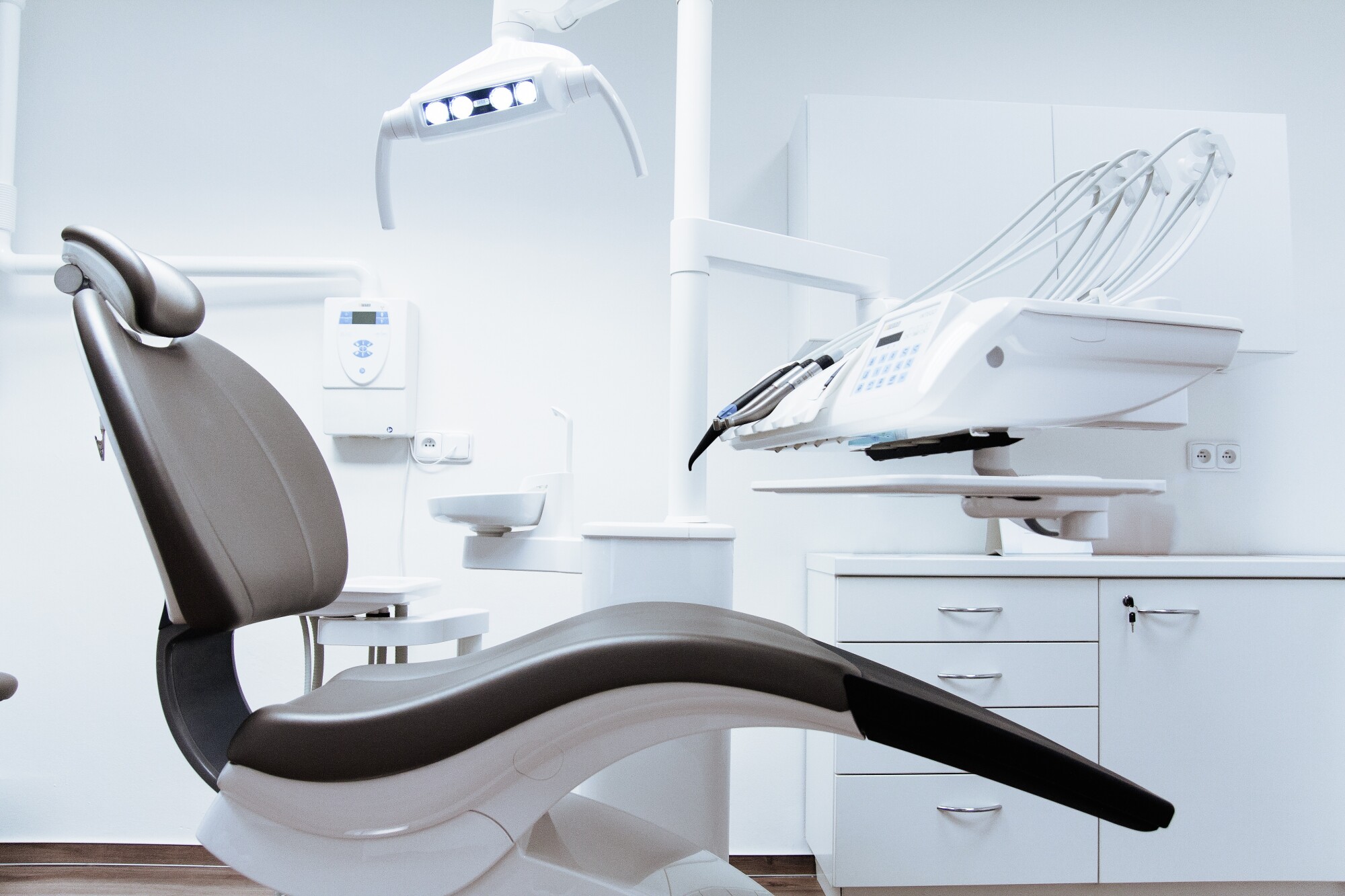7 Common Dental Conditions and How To Prevent Each One

Fifty-seven percent of people say that a healthy smile is the physical feature they would most like to have.
Despite this, up to a third of adults fail to see the dentist even once a year, suggesting that oral health isn’t much of a concern. But, as any dentist will tell you, many serious dental conditions can lurk behind even the straightest, whitest smiles.
And, while many of these conditions can be prevented with good dental hygiene, regular dentist visits are vital. Not only can your dentist help you to maintain excellent oral health, but they also understand the link between oral health and general health.
Here are seven of the most common dental problems and how to prevent them.
1. Bad Breath
Bad breath, also known as halitosis, is a common oral health issue that often goes ignored.
There are many underlying causes of halitosis, including dry mouth, gum disease, cavities, and smoking. To prevent bad breath, you should brush your teeth twice a day and floss daily. You should also remember to brush your tongue as bacteria can collect here and cause bad odors.
To avoid dry mouth and help encourage saliva to wash away food debris, you should rinse with water after eating and drink plenty of water throughout the day. And, if you’re a smoker, the single best way to improve both your oral health and overall health is to give up smoking.
But bad breath can also signal an underlying health issue that is unrelated to oral hygiene problems or dental disease. As a result of the mouth-body connection, health conditions such as diabetes, kidney disease, and gastrointestinal problems can also lead to bad breath.
If you have a problem with persistent bad breath despite following a good oral hygiene routine, you should see your dentist straight away. They will help you determine the cause and find a solution.
As well as medical treatment, your dentist may suggest consuming probiotics like streptococcus salivarius to help you improve both your oral health and digestive health for the future.
2. Sensitive Teeth
Sensitive teeth is one of the most common dental problems, affecting as many as one in eight adults.
Those with tooth sensitivity often experience pain and discomfort when they consume cold food and drinks, hot drinks, and sweets. Some people with sensitive teeth also experience pain from brushing and flossing.
To prevent sensitive teeth in the first place, you should brush and floss regularly, drink lots of water, go for regular dental check-ups, and follow a healthy and nutritious diet. Consuming plenty of dairy products such as cheese, milk, and yogurt can help to strengthen tooth enamel and prevent sensitivity. In contrast, acidic foods and drinks such as wine, soda, and juice can worsen the problem of sensitive teeth so try to avoid these if you are prone to sensitivity.
After eating or drinking, avoid brushing your teeth for at least 15 minutes as this can worsen sensitivity. Instead, you should rinse your mouth with water to flush out bacteria, especially after an acidic food or drink. And, if you grind your teeth at night, wear a mouth guard to avoid wearing down your tooth enamel.
Although, sensitivity can sometimes be a sign of another problem, such as a cavity, chipped tooth, or a tooth abscess. As such, if you have sensitive teeth, you should make an appointment with your dentist to see if you might need treatment for an underlying issue.
3. Tooth Decay
Tooth decay is one of the most common problems affecting millions of people of all ages. Also called cavities, tooth decay occurs when plaque – a sticky substance on your teeth – combines with the sugars and/or starches in the foods you eat. This combination results in acids which attack tooth enamel.
To prevent tooth decay, you should brush twice a day, floss every day, rinse with water after meals, drink plenty of water, and go for regular dental check-ups. And, since teeth and health are linked, you should eat a nutritious diet to avoid tooth decay and other signs of a poor diet, such as acne.
In particular, this means limiting your consumption of sugary foods and drinks. Instead, you should opt for crunchy fruit and veg such as apples, cucumbers, peppers, and carrots as these help to scrub the teeth and remove bacteria.
4. Gum Disease
Symptoms such as bad breath, sensitive teeth, painful chewing and red, tender, swollen, or bleeding gums are all signs of a gum infection.
If left untreated, this can lead to gingivitis, an early stage of gum disease. If your gums bleed often or are sore or swollen, you should make an urgent appointment with your dentist. While gingivitis is reversible, it can lead to a very serious gum disease called periodontitis. If left untreated, periodontitis can result in tooth loss.
And, as further evidence of the link between oral hygiene and health, some studies have even indicated that there may be a connection between periodontal disease and heart disease.
As with tooth decay, gum disease starts with a build-up of plaque around the teeth. The best way to avoid this plaque build-up is to brush twice a day, floss daily, and go for regular check-ups.
Smoking is a big risk factor for gum disease, while dry mouth and diabetes can also increase your risk. As such, if you are a smoker or suffer from these conditions you need to be extra vigilant when it comes to maintaining excellent oral health.
5. Loose or Lost Teeth
Around 178 million Americans are missing at least one tooth, while about 40 million have no natural teeth at all.
While some people are missing teeth due to an injury or trauma, the most common causes are tooth decay and gum disease. In order to prevent tooth loss, regular brushing and flossing are key. You should also drink plenty of water to help flush away bacteria in the mouth.
If you do notice any widening gaps, movement, loose, or missing teeth, you must see your dentist as soon as possible. These issues can indicate infection or advanced gum disease.
But, the link between oral health and overall health can’t be ignored here either, as tooth loss can also be an early sign of osteoporosis. Osteoporosis causes a loss in bone density and weakens your bones, including those in your jaw.
Around 10 million Americans have osteoporosis, but many sufferers are unaware of a problem until they break or fracture a bone. To help prevent osteoporosis and potential tooth loss, you should make sure you are getting enough calcium and vitamin D, avoid smoking, and participate in weight-bearing activities.
6. Mouth Sores
Persistent mouth sores that don’t go away after a week or so should be a cause for concern. They can be common in people who wear braces or dentures due to a bacterial irritation, but they can also be a sign of an underlying medical issue.
If you wear braces or dentures, you should visit your dentist or orthodontist to have your dental apparatus adjusted to see if this helps.
Mouth sores can also be a sign of oral thrush, a yeast infection in the mouth that is more common in people with dentures, those with diabetes, or those undergoing cancer treatment.
Although it’s not always possible to prevent oral thrush, you should avoid over-using mouthwash as this can destroy the good bacteria in your mouth. Dry mouth can also lead to oral thrush so make sure to drink plenty of water. You should also follow a nutritious diet and quit smoking to help reduce your risk of oral thrush and mouth sores.
Mouth sores can also be a sign of oral cancer, one of the most common forms of cancer. Oral cancer often starts as a small sore or spot in the mouth. As such, it’s crucial to see your dentist as soon as possible if you notice persistent mouth sores.
7. Oral Cancer
Oral cancer is a serious and deadly disease. But it is often curable if diagnosed and treated in the early stages.
As well as sores, lumps, and rough areas in your mouth, other signs of oral cancer can include difficulty chewing and swallowing, or problems moving your tongue or jaw.
The leading risk factors for oral cancer are tobacco and alcohol use. As such, the best way to help prevent this serious oral condition is to stop smoking and reduce your alcohol intake. You should also go for regular dental check-ups as your dentist will be able to spot any potential signs and can help you catch the disease early.
How to Prevent These Common Dental Conditions
It’s clear to see that the best way to prevent most of these dental conditions is to follow a good oral hygiene routine. That means brushing twice a day, flossing every day, and seeing your dentist for regular check-ups.
And, since there’s a lot of evidence to show how dental health affects overall health, keeping your teeth healthy and talking to your dentist about any issues can help to maintain good general health too.
Another way to look after your health is to supplement a nutritious diet with multivitamins.



